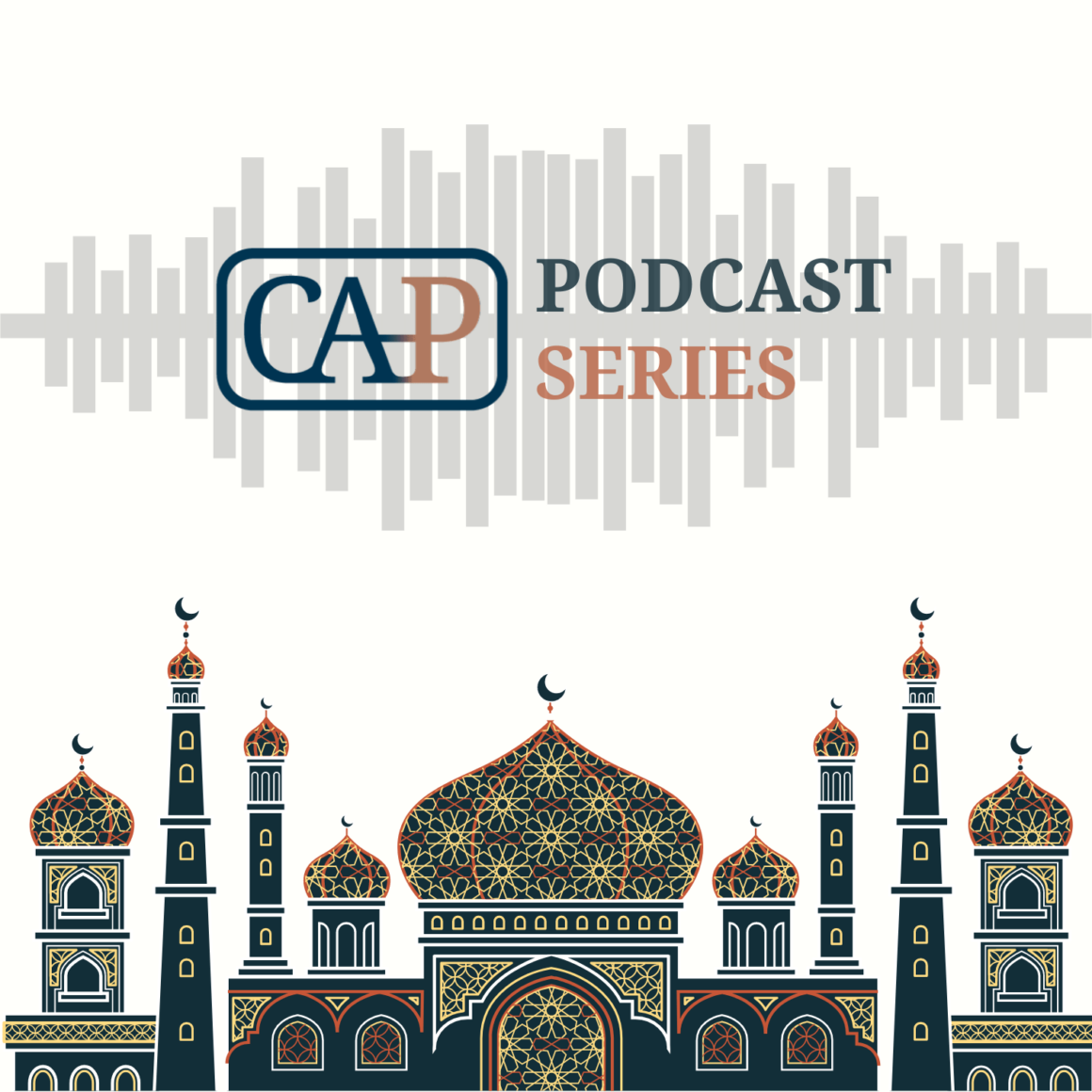
Central Asia Program Podcast Series
Central Asia Program Podcast Series is a compilation of audio podcasts from CAP’s most prominent online events and discussions. Follow us on over 6 platforms to stay up to date with our new releases.
Episode 7
President Shavkat Mirziyoev initiated several constitutional amendments in Uzbekistan at the end of June which have reminded the world about the autonomous republic of Karakalpakstan, bordering the dying Aral Sea. Efforts to diminish the Republic’s autonomy resulted in mass protests that unfortunately turned deadly. Join us to explore the reasons that prompted Mirziyoev’s constitutional amendments, Tashkent’s difficulties in encouraging further reforms, and the future of Karakalpak people’s autonomy. Listen on other platforms here.
Episode 6
This book joins the discussion on foreign aid triggered by the rise of multiplicity of emerging donors in international development and explores the transformation of Kazakhstan from a recipient country to a development aid provider. Drawing on fieldwork in Nur-Sultan and Almaty (Kazakhstan) between 2016 and 2019, this research evaluates the philosophy and core features of Kazakhstan’s chosen development aid model and explains the factors that account for the construction of aid patterns of Kazakh donorship. Listen on other platforms here.
Episode 5
An online discussion hosted by the Central Asia Program and co-sponsored with the Carnegie Endowment for International Peace, the Davis Center for Russian and Eurasian Studies, the Oxus Society for Central Asian Affairs, and RFE/RL on January 10, 2022.
The riots that erupted on January 5, 2021 in Almaty and then spread to Kazakhstan’s other cities have taken the government by surprise, but signals of unrest were present since Nazarbayev left the presidency in 2019. The dismissal of the Cabinet, the removal of Nazarbayev from the Security Council presidency, the storm of the Parliament and the Almaty airport, as well as police violence will, without a doubt, mark a turning point in the history of Kazakhstan. At a more geopolitical level, the impact will be decisive too, as the CSTO has, for the first time in its history, sent peacekeeping troops at President Tokayev’s request.
Who are the protesters? What do they want? What are the genuine grassroots aspects and the instrumentalization of popular resentment by some elites for internal struggles? How can the regime survive such clashes? What will be the regional impact of the crisis in what was until then the most stable and prosperous country of Central Asia? Listen on other platforms here.
Episode 4
An online discussion with the author Marlene Laruelle, Director of the Central Asia Program at the George Washington University. For more information, please visit the event page.
Episode 3
An online discussion with Radio Free Europe/Radio Liberty and Central Asia Program.
In the span of just a few days, the Taliban has reached the borders of Central Asia, having seized control of large swaths of land in northern Afghanistan. The Taliban’s return and the ongoing escalations have altered the day-to-day lives of locals, with many on the move in search of shelter and hundreds having crossed into Tajikistan so far.
As the Taliban’s offensive continues and Afghan forces and local militia groups prepare to fight back against further escalation, Tajikistan is setting up a camp capable of hosting up to 100,000 refugees. Meanwhile, Central Asian governments have been conducting a massive combat-readiness check and relocating thousands of additional troops and heavy military equipment to the border. In sum, the recent developments in northern Afghanistan have changed realities on the ground, with far-reaching potential implications for residents of the border regions.
Episode 2
As Talibans are progressing in retaking control of Afghanistan, Central Asian states and border communities found themselves in a situation of neighboring Taliban-government regions, with potential implications for their own territory. On this episode, Mélanie Sadozaï, Jennifer Brick Murtazashvili, Antonio Giustozzi and Marlene Laruelle discuss the situation and insights from the field as well as academic and geopolitical perspective.
Episode 1
On this episode, David Markey and Tim Winter address important questions based on two monographs they recently published on Chinese foreign policy toward Central Asia and the Silk Roads.
President Xi Jinping has initiated major economic development programs within China and beyond its borders, including through the controversial Belt and Road Initiative which is forging worldwide connections in infrastructure, trade, energy, finance, culture and tourism. This places China at the center of a geography of overland and maritime connectivity stretching across more than sixty countries and incorporating almost two-thirds of the world’s population. However, despite China’s wide ambition, its engagement abroad and the Belt and Road Initiative will be shaped and redefined as they confront the ground realities of local and regional politics outside China. Essentially, what does it mean to revive the Silk Roads for the twenty-first century? What are the implications for U.S.-China competition and cooperation in the region?

